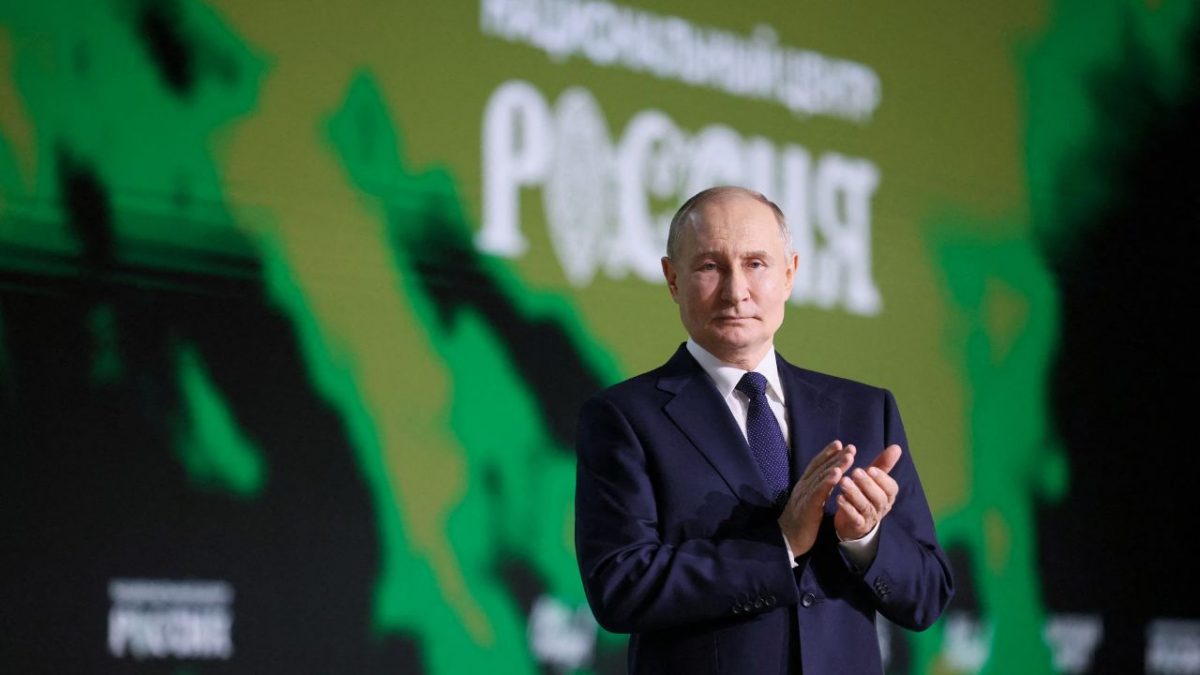US President Donald Trump’s sanction ultimatum for Russian President Vladimir Putin is unlikely to deter him from chasing his ambition to capture the four besieged regions of Ukraine in their entirety, Reuters reported Tuesday (August 5), citing sources in the Kremlin.
Trump over the past weeks has promised more sanctions on Russia, with thousands of them already in place; and threatened to impose tariffs on Moscow’s top trading partners, especially India and China.
The US president earlier this week imposed a 25 per cent tariff on India, accusing it of ‘funding Putin’s war machine in Ukraine’.
Why is Putin resisting Trump’s threats?
Vladimir Putin’s resolve to continue the war is driven by a belief that Russia is gaining the upper hand on the battlefield. There is also this conviction that additional US sanctions will do little to alter the course of the conflict. According to three sources familiar with Kremlin discussions, Putin’s resolve has been hardened by the limited impact of successive economic penalties imposed over the past three and a half years of war.
Despite the threat of further sanctions from Trump, Moscow’s leadership appears unfazed, with one source noting, “there’s not much more that they can do to us.”
Putin’s objectives
Putin’s primary objective is clear: to seize full control of the Ukrainian regions of Donetsk, Luhansk, Zaporizhzhia, and Kherson, which Russia has claimed as its own.
Only after achieving this goal would Putin consider negotiating a peace agreement, one of the sources explained.
James Rodgers, author of the forthcoming book, The Return of Russia, was quoted by Reuters as saying, “If Putin were able to fully occupy those four regions which he has claimed for Russia he could claim that his war in Ukraine had reached his objectives.”
While Putin is cautious about antagonising Trump, recognising the potential to improve ties with Washington and the West, his war aims take precedence, according to two of the sources.
Impact Shorts
More ShortsRecent talks between Russian and Ukrainian negotiators, which have occurred three times since May, appear to be a calculated move by Moscow to signal to Trump that Putin is not outright dismissing peace efforts. However, these discussions have lacked substance beyond humanitarian exchanges, the first source revealed.
Russia insists it is committed to securing a lasting peace through negotiations, but the process is fraught with challenges due to the stark differences between the two sides. Moscow’s demands include a complete Ukrainian withdrawal from the four contested regions, as well as Kyiv’s acceptance of neutral status and restrictions on its military capabilities—conditions Ukraine has firmly rejected. Despite these obstacles, Putin described the talks as “positive” last week, suggesting a willingness to keep the dialogue alive.
In a potential sign of progress, Trump’s special envoy, Steve Witkoff, is visiting Russia today amid heightened tensions and warnings from both sides about the risks of nuclear escalation. The visit follows Trump’s threat of new sanctions, which one source described as “painful and unpleasant” but not catastrophic. Another source expressed scepticism about Trump’s follow-through, noting that “he’s made threats before” without acting on them or later reversing course.
Kremlin downplays Trump’s threats
The Kremlin’s confidence to keep the war alive stems partly from Russia’s ability to weather previous sanctions.
Despite significant blows to its economy—Russian oil and gas revenues have plummeted, foreign direct investment dropped by 63 per cent last year according to UN trade data, and roughly $300 billion in central bank assets remain frozen abroad—Russia’s war machine has not been significantly hampered.
Support from North Korea’s ammunition supplies and China’s provision of dual-use components have fueled a surge in Russian weapons production. The Kremlin has frequently boasted of its “immunity” to sanctions, a sentiment echoed by Trump himself, who acknowledged Russia’s adeptness at evading restrictions. “They’re wily characters and they’re pretty good at avoiding sanctions, so we’ll see what happens,” Trump told reporters over the weekend when asked about his response if Russia refuses a ceasefire.
The third source also raised doubts about Trump’s ability to enforce his threats, particularly regarding Russian oil exports. “It was hard to imagine that China would stop buying Russian oil on instructions from Trump,” the source said, warning that such actions could backfire by driving up global oil prices.
)